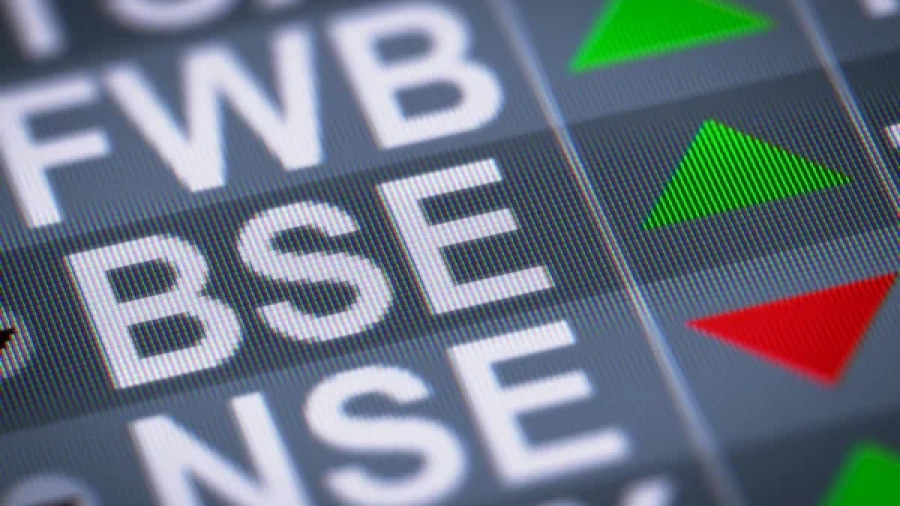The National Stock Exchange (NSE) and the Bombay Stock Exchange (BSE) are the two major stock exchanges in India. Both NSE and BSE play an important role in the Indian financial market by providing a platform for buying and selling of shares of companies listed on the exchange.
The National Stock Exchange (NSE) was established in 1992 and is based in Mumbai. It is the largest stock exchange in India in terms of daily turnover and number of traded companies. NSE provides a fully automated trading platform, which allows for faster and more efficient trading. It also has a wide range of indices, such as the Nifty 50 and the Nifty Next 50, which provide a benchmark for the performance of the broader market.
The Bombay Stock Exchange (BSE), on the other hand, was established in 1875 and is the oldest stock exchange in Asia. It is also based in Mumbai, India. BSE has more than 5,500 listed companies, which makes it the world’s largest exchange in terms of listed companies. BSE also has a number of indices such as the S&P BSE SENSEX, which is considered as the barometer of the Indian stock market.
Both NSE and BSE have their own unique features, but they both play a critical role in the Indian financial market by providing a platform for buying and selling of shares. The NSE is known for its fully automated trading platform and wide range of indices, while BSE is known for its large number of listed companies and its historical significance.
Investors can participate in trading on both NSE and BSE by opening a trading account with a broker. It is important for investors to have a good understanding of the stock market and the companies they wish to invest in, as well as an understanding of market trends and economic conditions.
